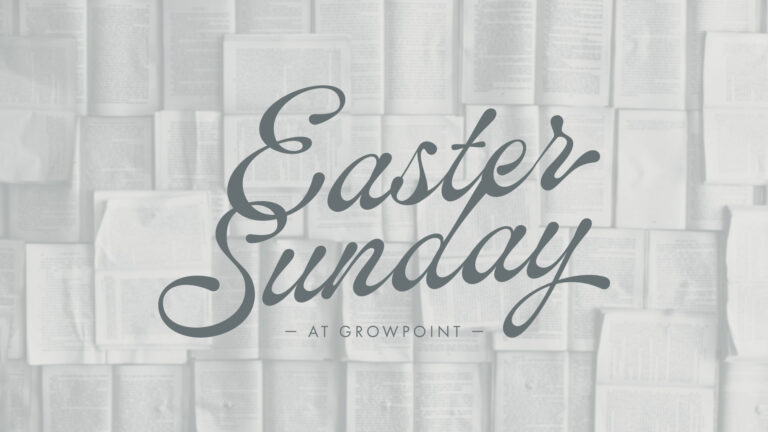Cultivating Contentment
- Pastor Sumer Smith
Have you ever felt trapped by dissatisfaction or bitterness? Discover how the story of the Prodigal Son reveals the transformative power of humility and confession, leading us from enslavement to true freedom in the Father’s love. Let’s explore how God’s lavish grace can turn our complaints into gratitude and our pride into joy.



